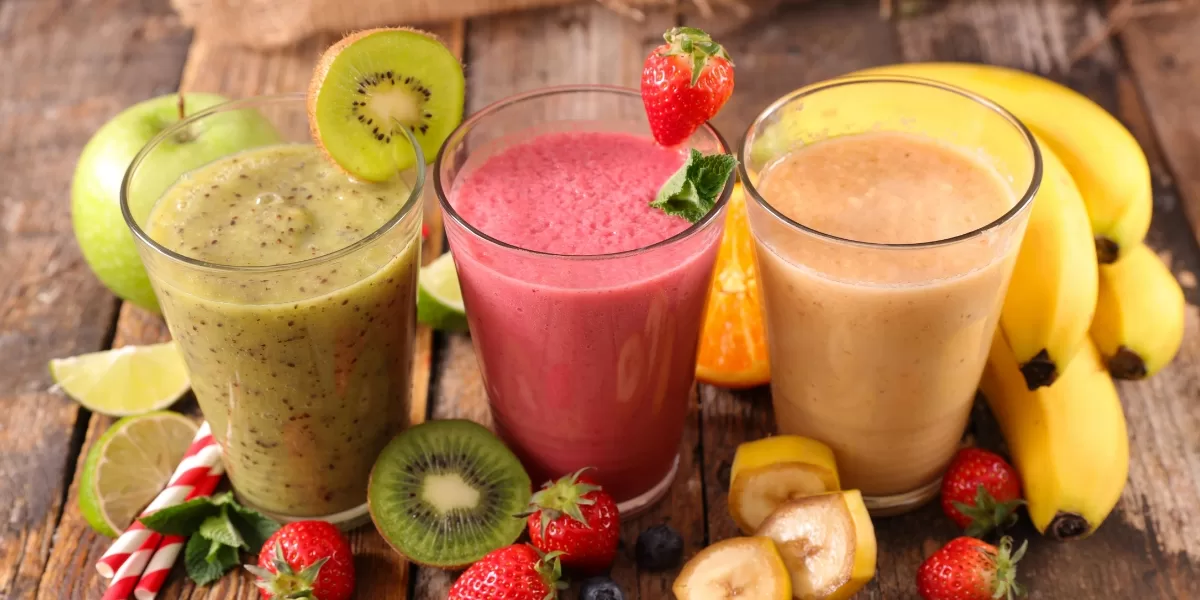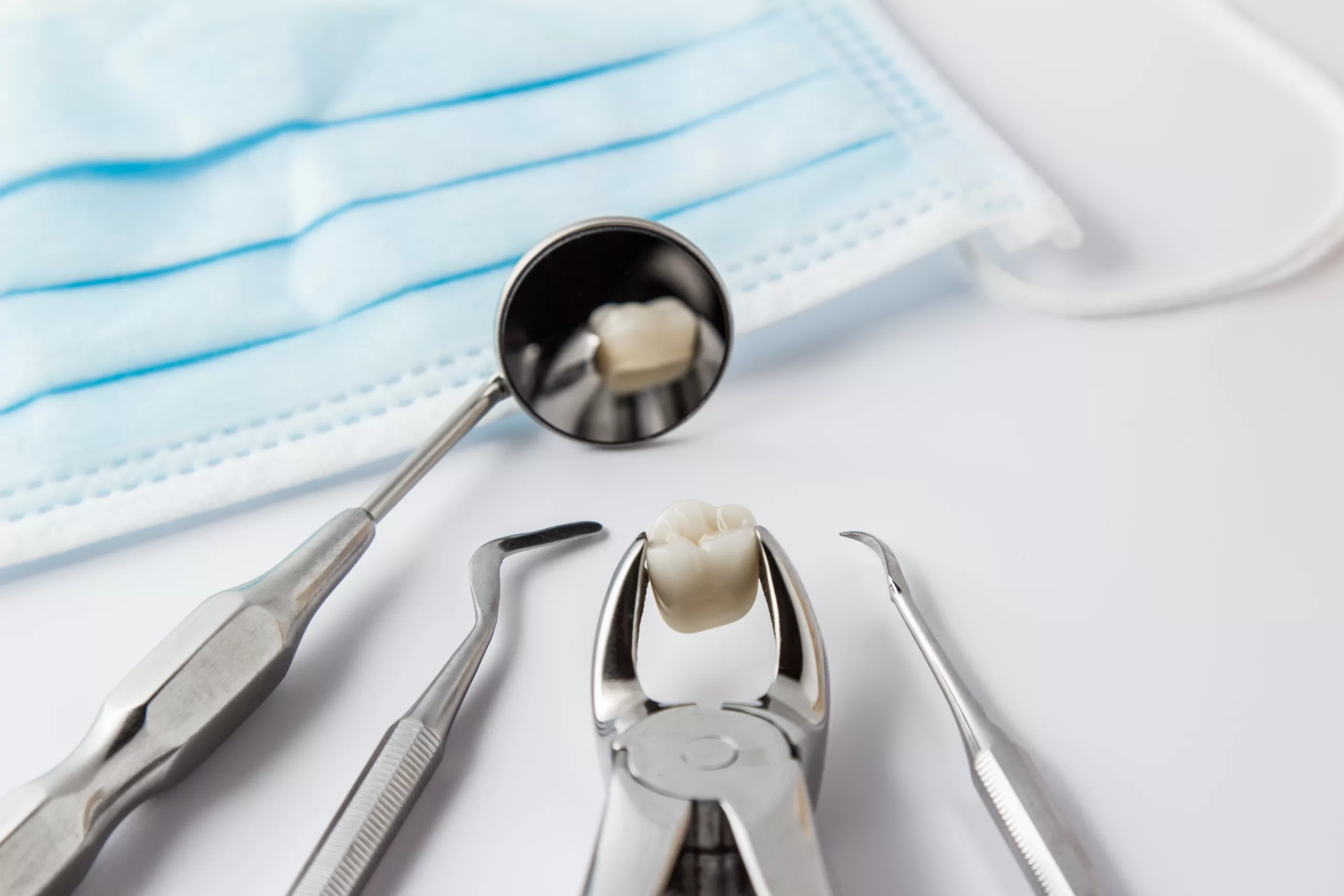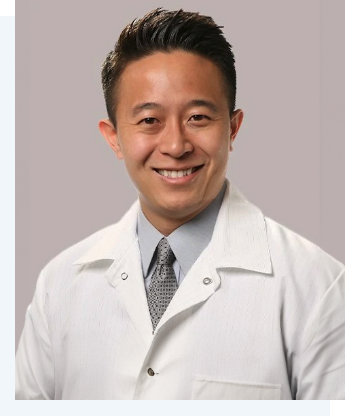
As much as we all love ice cream and smoothies, a common question our patients ask is, when will they be able to resume eating more solid foods following their wisdom teeth removal? There are several factors at play here, and the introduction of solid foods can often depend on the patient’s comfort level and how quickly their healing process is progressing. For our Glendale, Pasadena, and La Cañada patients, we typically recommend waiting about a week following your dental surgery before introducing solid food back into your diet.
As much as we all love ice cream and smoothies, a common question our patients ask is, when will they be able to resume eating more solid foods following their wisdom teeth removal? There are several factors at play here, and the introduction of solid foods can often depend on the patient’s comfort level and how quickly their healing process is progressing. For our Glendale, Pasadena, and La Cañada patients, we typically recommend waiting about a week following your dental surgery before introducing solid food back into your diet.
What to Eat After Wisdom Teeth Removal
Immediately following your wisdom teeth removal, there will be some pain and swelling. It is important to be gentle with your jaw and not disrupt the blood clot during those first few days. This risk can be lessened by eating soft or liquid foods only during those initial days.

For the first week following surgery, see some great options for foods below:
- Smoothies
- Broths or soups
- Jello
- Yogurt
- Apple sauce
- Mashed potatoes
You must follow all aftercare procedures as advised by your dental surgeon and be very gentle following your surgery. After a few days, you can slowly begin to introduce other foods, but listen to your body and go back to soft or liquid meals if you start to experience pain or discomfort. When introducing more solid foods, you can ease into it with scrambled eggs or oatmeal, rather than chips or steak.
What to Avoid
Certain foods should be avoided during your recovery, as they may disrupt your healing process. Crunchy or hard-to-chew foods such as nuts or beef jerky can reopen stitches or get stuck in the extraction site, causing pain or infection. Additionally, foods high in acidity or spice can irritate your wound and cause discomfort.

Straws are also a big no-no when it comes to healing from a wisdom teeth removal procedure. The sucking motion needed to use a straw can dislodge the blood clot and cause bleeding, pain, and a prolonged recovery. This is often called dry socket, and it can be quite painful.
Ultimately, every patient can take a different amount of time to heal fully, and we encourage you to slowly introduce foods based on your comfort level. Most sockets take about 6 weeks to heal fully following dental surgery, and you should be back to mostly normal eating habits within 3-4 weeks post-procedure.
Are you looking to get your wisdom teeth removed? Call our Pasadena location to schedule a consultation today!





